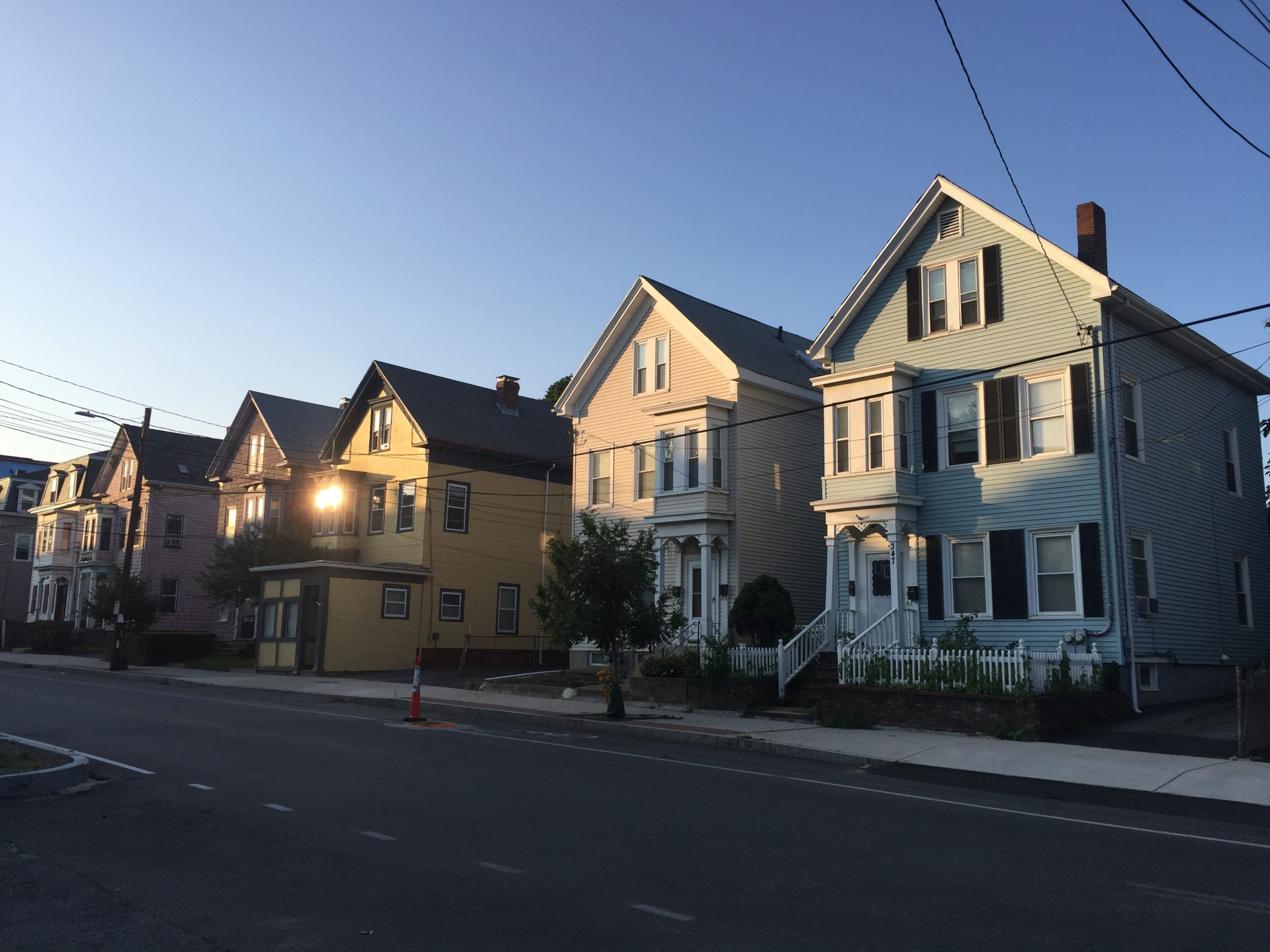Community is an essential part of who we are. Each one of us plays a part in sustaining the community in which we live. Without diverse neighbors with skills and talents other than our own, the mechanic wouldn’t have a doctor, and the doctor wouldn’t have a car.
Each person is a vital part of the community.
Yet sometimes communities weaken over time without access to the care and resources needed to grow. That’s why neighborhood revitalization initiatives are crucial in supporting and uplifting areas that need some tender loving care.
What Are the Goals of Neighborhood Revitalization Initiatives?
The overarching goal of all neighborhood revitalization initiatives is to strengthen the community. This is done through various projects that help renew the neighborhood.
- Educate on practical knowledge and valuable skills
- Own financial assets, grow businesses, and lift income
- Support small businesses
- Project completion
- Increase the quality of life
“We all want our communities to be healthy.”
–Denise, past participant of The Real Estate Co-Powerment Series
A Community’s Cornerstone: Education
Education is the pillar of all neighborhood revitalization initiatives because a community will perish without knowledge. Learning is a fundamental building block of society.
At Omicelo Cares, we offer practical knowledge and specific skill sets that help individuals obtain financial assets, grow their businesses, and increase their income. Encouraging individuals to do this will, in turn, help the entire community rejuvenate and stabilize.
Supporting and Building Small Businesses
Family-owned businesses are another major contributor to community revitalization. These businesses generate more jobs for the community, encourage neighborly interaction and development, establish an identity, and circulate money locally.
By developing and supporting these businesses, community members can come together to form a shared identity.
Ending the Demise of Uncompleted Projects
According to the U.S. Department of Housing and Urban Development, unforeseen circumstances, weather challenges, delays in obtaining permits, and a change of plans cause uncompleted projects to line streets in neighborhoods. Risk factors such as these are one of the causes of underperforming and incomplete projects, according to KPMG’s 2021 Global Construction Survey. In 2021, 37% of companies said they missed their budget and schedule goals due to COVID-19. Risk management must be addressed to improve the organization and performance of construction projects.
It may be debatable, but uncompleted projects are worse to look at than abandoned buildings. They saw the potential. They chased the potential. But then they quit.
A vital part of neighborhood revitalization initiatives is project completion. Through Omicelo Cares’ partners such as Neighborhood Allies, we strive to bring every project to completion to build the community’s finances, relationships, and uniformity.
Omicelo Cares Courses
We care deeply about the communities of Pittsburgh. Therefore, we have set our life’s purpose on increasing the overall quality of life in surrounding neighborhoods.
Because a community deserves to be a community.
Our courses help communities discover what they were meant to be: a place of identity, relationship, and purpose. We provide:
- Education on workforce skills in Excel Ahead.
- Landlord education in The Landlord Experience.
- The stock market and cryptocurrency education in Equity Up.
We also come alongside businesses to help them achieve income, growth, and sustainability in 7 Pillars of Sustainable Business. We also support community members, small businesses, and organizations bringing projects to completion in the Real Estate Co-Powerment Series.
Denise, a past participant of The Real Estate Co-Powerment Series, said, “What followed after graduating from the Series was the confidence to believe in the process. Confidence then gave way to courage. Some folks participate in the cohort for personal reasons, some for professional reasons. No matter the individual purpose, we all want our communities to be healthy.”
